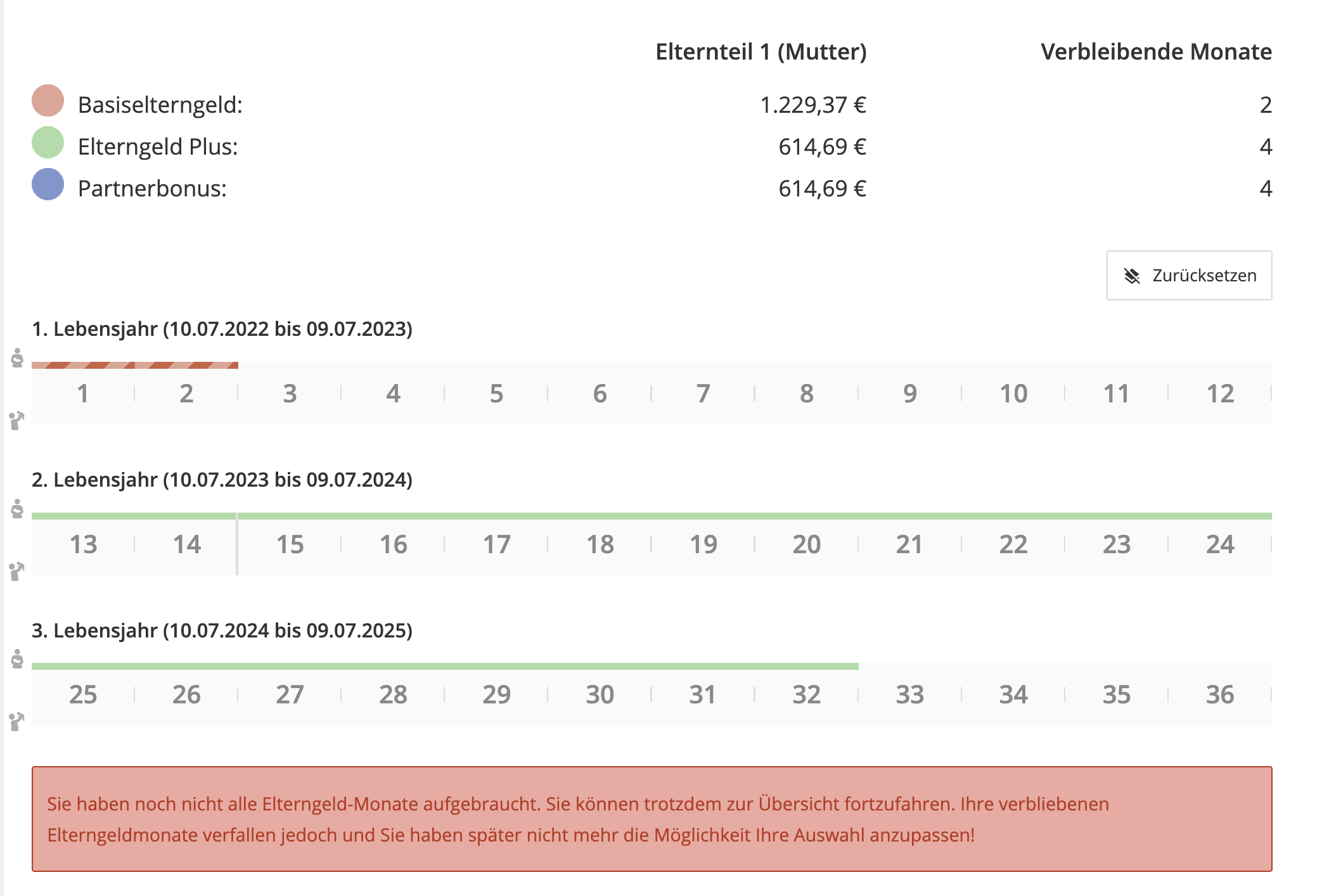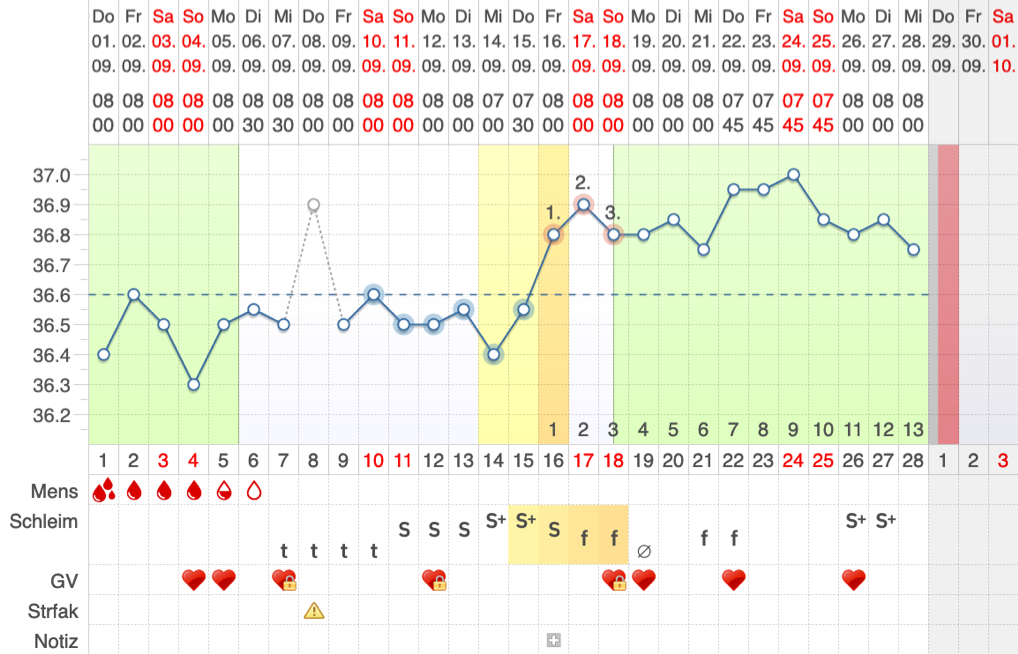Introduction
Parental leave is a crucial aspect of modern workplace policies, addressing the need for parents to bond with their newborns or newly adopted children while maintaining job security. The relevance of parental leave continues to rise as more families navigate the challenges of work-life balance. In South Africa, recent discussions around parental leave policies have gained momentum, reflecting changing societal attitudes toward family responsibilities.
Current Parental Leave Policies
As of 2023, South Africa’s short-term parental leave policies provide for specific time off for both mothers and fathers. Under the Basic Conditions of Employment Act, mothers are entitled to four months of maternity leave, while fathers can access ten days of parental leave after the birth of their child. However, many advocates argue that these guidelines are insufficient to meet the needs of modern families. Consequently, there have been calls for expanding parental leave to include extended periods and more inclusive definitions that cater to diverse family structures.
Recent Developments
In recent months, the South African government has initiated discussions regarding the enhancement of parental leave entitlements. The Department of Employment and Labour is reviewing proposals to increase the duration of paternity leave and offer additional support for parents beyond maternity leave. Countries worldwide, including Sweden and Norway, have adopted progressive parental leave policies that allow for more equitable sharing of responsibilities between parents. Proponents of similar policies in South Africa argue that longer and more inclusive parental leave will ultimately benefit family wellbeing, child development, and even economic productivity.
Impact on Businesses
Implementing increased parental leave is not only a matter of social responsibility but also pivotal for businesses. Various studies suggest that enhanced parental leave results in higher employee satisfaction, retention rates, and overall workplace morale. Companies that offer supportive parental leave policies can position themselves as attractive employers in the competitive job market, thereby drawing in top talent. In addition, they can see reduced turnover costs and enhance workplace diversity, leading to a more dynamic business environment.
Conclusion
The conversation surrounding parental leave in South Africa is increasingly critical as society evolves. With ongoing evaluations and advocacy for better parental leave policies, there is hope that South Africa will adopt a more flexible framework that meets the demands of contemporary family life. The potential introduction of longer parental leave can significantly enhance family dynamics and contribute to a healthier workforce. As such policies continue to be scrutinized, both employers and employees should remain informed and engaged in this vital discussion.

